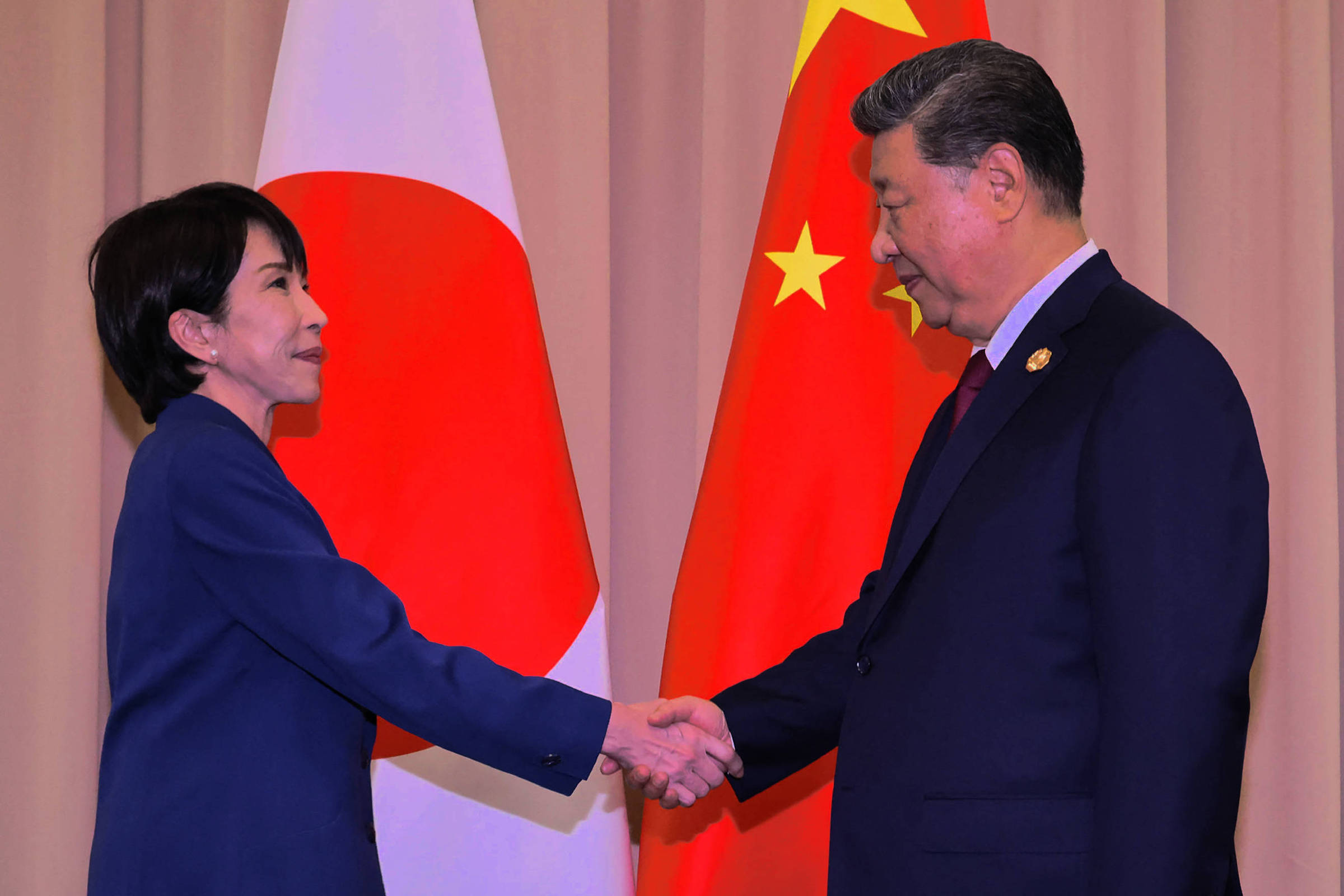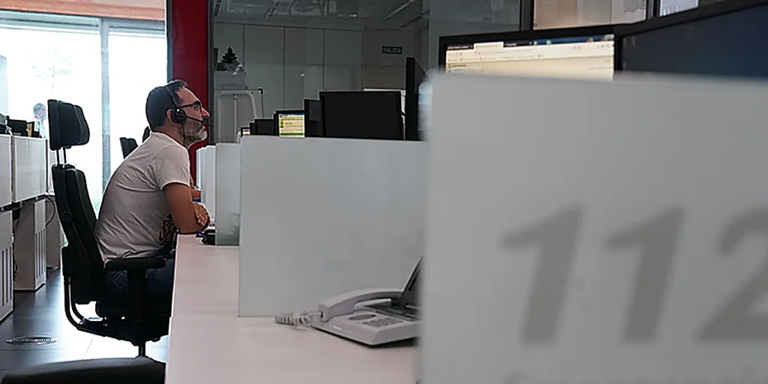
Japanese Prime Minister Sanae Takaichi’s recent attitude toward Taiwan, particularly in a speech on Friday (7th) in which he declared that possible military intervention by China in Taiwan could require military action from Tokyo, has sparked diplomatic tensions with China.
In response to a question from an opposition lawmaker about under what circumstances the prime minister might invoke a bill allowing the use of the Self-Defense Forces, Takaichi said an example would be the Chinese regime’s attempt to rule Taiwan by military force. This is because an attack on a U.S. warship used to break China’s blockade of the island may require Japan to get involved in order to protect its allies.
Like many other countries, Japan does not have formal diplomatic relations with Taiwan, but maintains behind-the-scenes support, as does the United States.
Japan is one of Taiwan’s closest neighbors, located approximately 110 kilometers from Taiwan. It is also a historic ally of the United States and sends the largest contingent of American troops overseas. The prime minister said that China’s invasion of territory could threaten the Japanese archipelago, and that the use of force in this case was also to protect Japan itself.
Takaichi went so far as to say that his remarks were hypothetical and that he would avoid making such statements in the Diet from now on.
However, his remarks provoked a reaction from China. Foreign Ministry spokesperson Lin Jian said on the 10th that the demonstration by government officials was “a serious interference in China’s internal affairs and violates the one-China principle.”
The Chinese government claims Taiwan (officially known as the Republic of China, with a democratically elected president) as part of its territory, and has not ruled out using force to reunify it.
“What kind of signal is Japan’s leadership trying to send to pro-independence separatist forces in Taiwan? Does Japan intend to challenge China’s fundamental interests and prevent unification? Where exactly does Japan want its relationship with China to go?” Hayashi said, arguing that Takaichi’s comments also challenge the post-World War II international order.
Lin went on to declare that the Chinese people have the “determination, will and belief to resist any external interference or hindrance to our unification.”
“China calls on Japan to immediately stop interfering in China’s internal affairs, stop provoking and acting beyond limits, and stop going down the wrong path.”
In an editorial the following day, Chinese state broadcaster CCTV echoed the spokesperson’s statement and said Gaoichi’s comments had “crossed the line.”
The prime minister’s speech and Beijing’s response came days after the prime minister and Chinese government leader Xi Jinping met in Gyeongju, South Korea, where the APEC (Asia-Pacific Economic Cooperation Council in Portuguese) summit was being held.
According to Chinese state media, President Xi said at the time that he was ready to build constructive and stable bilateral relations.
Tensions escalated shortly after the handshake aimed at starting relations between the new prime minister and Chinese authorities. On the sidelines of APEC, Mr. Takaichi also met with the Taiwanese representative and senior advisor to the president, Hsin-yi Lin, who attended the summit.
The politician shared the photo in a social media post and wrote that he hoped for deeper cooperation between the two countries.
The meeting sparked protests in Beijing, which condemned the meeting and said the actions of both the meeting and the online publication “ignored basic norms of international relations, seriously violated the ‘one China’ principle, and sent a very wrong signal to Taiwan’s independence supporters.”
“Such acts are egregious in their nature and impact. China expresses its firm opposition and has lodged a formal protest with Japan,” the Foreign Ministry said in a statement.
on Reuters



